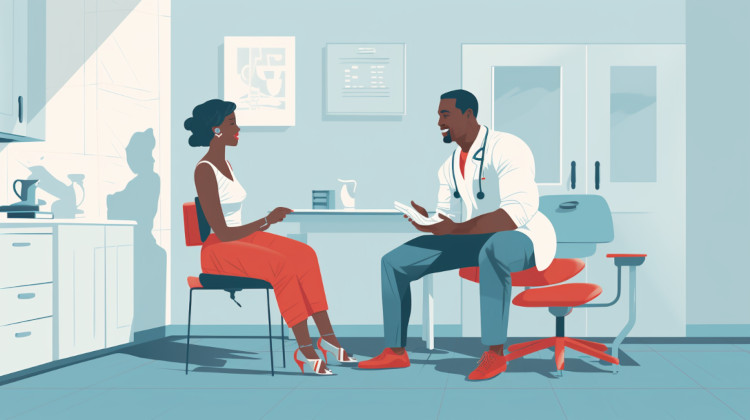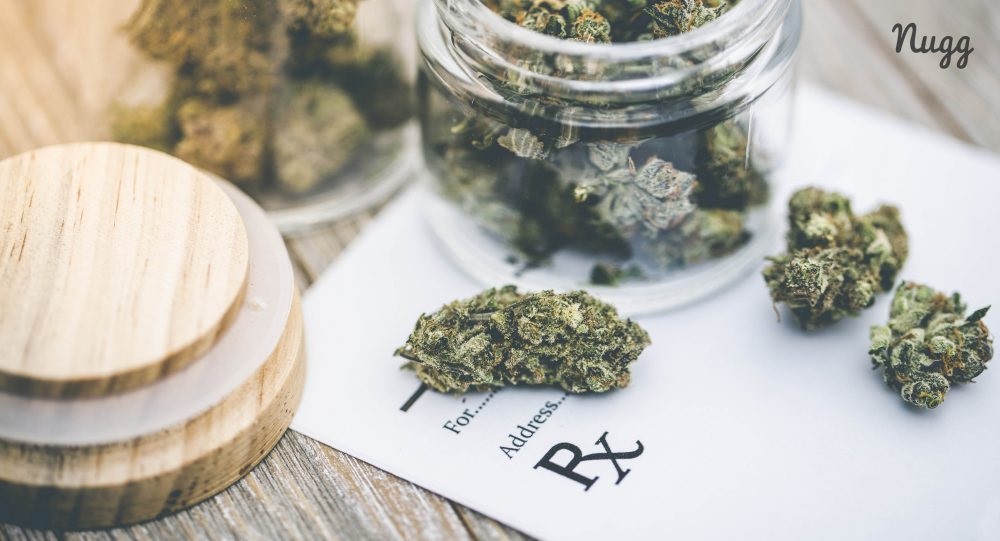
Yeast infections, also known as candidiasis or thrush, are a result of unhealthy fungal growth. They can occur throughout various parts of the body, but vaginal and oral yeast infections are one of the most common places this condition occurs.
Yeast typically occurs throughout the body, but an infection can result if the yeast levels aren’t regulated properly. The type of fungus causing the infection can impact the specific diagnosis an individual is given. For example, Candida is one of the most common types of fungus that causes yeast infections.
Yeast infections are extremely common in old age and infancy, with an estimated 37% of newborns in the United States will be affected by a yeast infection. In addition, it’s estimated that 3 out of 4 women will experience a vaginal yeast infection at some point, and many women have more than one yeast infection. Vaginal yeast infections are considered to be reoccurring if they happen four or more times in the span of a year.
What Causes Yeast Infection?
Yeast infections are caused by an overgrowth of yeast in your skin, mouth, or vaginal area. These infections can occur when skin is damaged or if yeast is given humid conditions to grow in.
The following individuals may be at a higher risk for developing a yeast infection:
- Infants
- Individuals who wear dentures
- Individuals taking antibiotics
- Individuals undergoing cancer treatment
- Individuals suffering from diabetes or immune disorders like HIV.
Other factors, such as poor hygiene and pregnancy, can also impact the risk of developing a yeast infection.
There are a lot of different things that can lead to this condition, but does smoking weed cause yeast infections? Oral thrush, a yeast infection of the mouth, can be triggered by several things, including inhaling smoke or corticosteroids like in an inhaler.
Unfortunately, there is the possibility that smoking cannabis may cause yeast infections. This doesn’t mean that everyone who smokes will deal with yeast infections, but it is a reality that can occur.
Yeast Infection Signs & Symptoms
The symptoms of yeast infections are typically very noticeable. There is almost always visual proof of infection and other symptoms that will accompany the yeast overgrowth.
If you are experiencing a yeast infection, you may have noted one or more of the following symptoms:
- Rash
- Itching
- Skin redness
- Irritation
- Change in vaginal discharge (for vaginal yeast infections)
- White patches on the tongue and cheeks (oral thrush)
- Discomfort
Can Cannabis Help Alleviate Symptoms of Yeast Infections?

There are a few different treatment options that can be used for yeast infections. One of the most common recommendations is antifungal medications, either with oral or topical products.
There isn’t yet enough research to make a definitive statement about whether or not cannabis can be used to treat yeast infections. However, it’s possible that cannabis could not be a good choice for treatment.
Research has found that individuals who use cannabis are more likely to develop a fungal infection due to dry mouth, potentially increasing bacteria in the mouth and leading to poor oral health.1 However, it’s important to note that using cannabis does not mean you’ll develop a yeast infection.
There are various factors that can lead to the development of a yeast infection. Keeping those factors in mind can play an important role in reducing your risk of experiencing one. If you experience chronic yeast infections, you may want to consider staying away from cannabis.
If you’re looking for an effective way to treat a yeast infection, consider speaking with your doctor about options.
Legality and Doctor’s Recommendation
To determine if your state considers yeast infections to be a qualifying condition for medical marijuana, check out our Laws & Regulations section for the medical cannabis rules for your state.
If you find that your state recognizes yeast infections or their symptoms as a qualifying medical condition, you can seek a doctor’s recommendation to get your medical cannabis card in your state.
How NuggMD Can Help

NuggMD is the nation's leading medical marijuana technology platform, serving patients in over half the states in the U.S. We’ve connected over 2,000,000 patients with their new medical marijuana doctors face-to-face via our state-of-the-art telemedicine platform.
We believe that every human being has the right to explore the benefits of medical cannabis and are fully committed to helping each patient explore all of their options in their journey to wellness. For further information on whether you qualify for medical cannabis, select your state.
References
- Tazi N, Pigeon X, Mbuyi-Boisvert JM, Giret S, Béland F, Rouabhia M. Effect of Cannabis Smoke Condensate on C. albicans Growth and Biofilm Formation. Microorganisms. 2021;9(11):2348. Published 2021 Nov 13. doi:10.3390/microorganisms9112348
The information in this article and any included images or charts are for educational purposes only. This information is neither a substitute for, nor does it replace, professional legal advice or medical advice, diagnosis, or treatment. If you have any concerns or questions about laws, regulations, or your health, you should always consult with an attorney, physician or other licensed professional.

